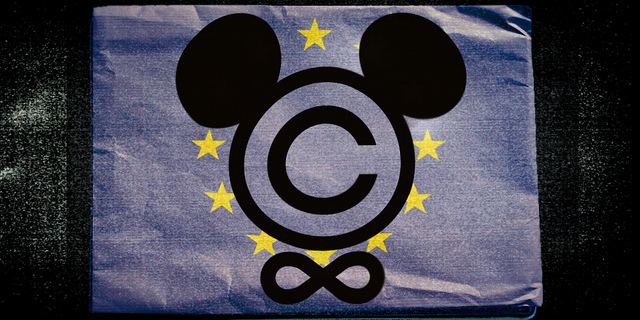
The above interview, which Minister Sean Sherlock gave to the Journal.ie’s Hugh O’Connell this week included a significant new statement of support for proposals to reform copyright, not merely nationally, but at an EU level.
“We are bound by [EU] copyright law…
it needs to advance,
it needs to be modernised.”
Ireland could make an important contribution to this international debate, which has been led by Dutch efforts to introduce a more flexible copyright regime through the passage of a new EU Copyright Directive to update the 2001 regime.
Furthermore, this statement bodes well for the Irish Government’s response to the Copyright Review Committee’s report, which is being launched tomorrow.
The Copright Review report recommends that Ireland introduces a (limited) form of a ‘fair use’ exemption for intellectual property.
exceptions should be regarded as examples of fair use so as to allow workable analogies to be developed, and sets out the criteria for the court to take into account in determining whether or not a matter amounts to fair use.
–Copyright Review Committee report, P177
This thinking is in line with a proposal from Dutch legal expert Bernt Hugenholtz, Professor of Intellectual Property Law and Director of the Institute for Information Law of the University of Amsterdam. Professor Hugenholtz, in his paper “The Dutch case for flexibility” proposed exactly this form of member state action as a stopgap to wider EU-level reforms.
For example, a rather loosely drafted Article 5(3)(a) of the Directive seems to allow member states to exempt a much wider range of educational and scientific uses than many national laws presently permit. The quotation right set forth in Article 5(3)(d) might arguably leave room for an exception permitting the fair use of copyright protected material for the purposes of search engines and other reference tools. And Article 5(3)(i), which allows the “incidental inclusion of a work or other subject-matter in other material” apparently leaves room for a whole range of unspecified “incidental” uses.
In the second place, it is often overlooked that the Directive does not harmonise the entire spectrum of economic rights that copyright holders normally enjoy. The Directive only harmonises the rights of reproduction, communication to the public, and distribution. The Directive does not deal with a right of adaptation that allows rights holders to control transformative uses of works, such as film versions, translations, and other “derivative works.” By implication, the Directive’s list of permitted limitations and exceptions does not concern this right. Member states remain free to provide for limitations and exceptions to the right of adaptation at their own discretion, subject only to the “three-step test.”
The Minister’s statement on this can only bode well for the Government’s response to the rest of the Copyright Review Committee’s report.

[…] Sean Sherlock makes a welcome statement of support for EU copyright reform […]